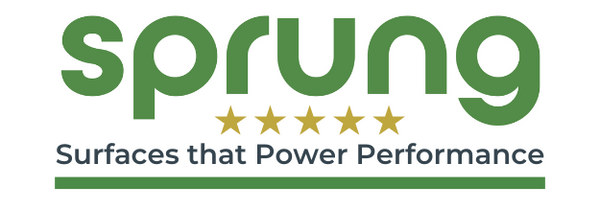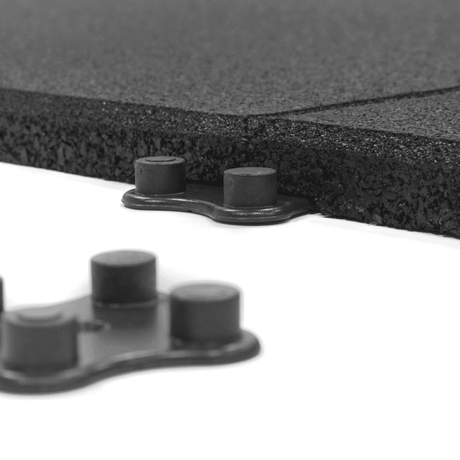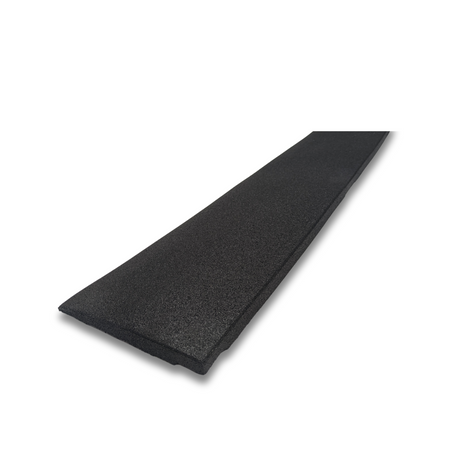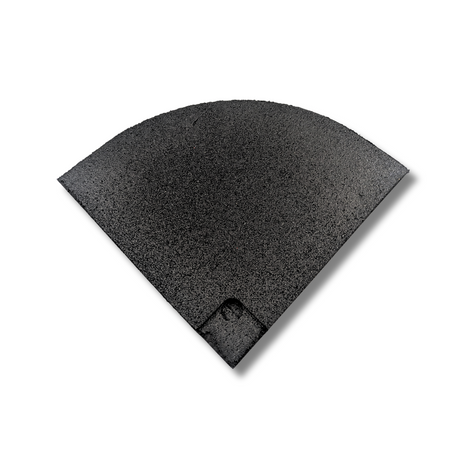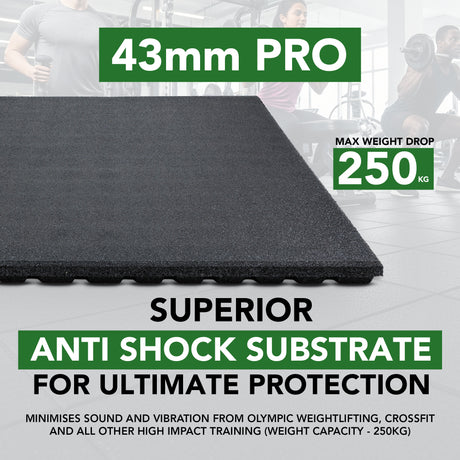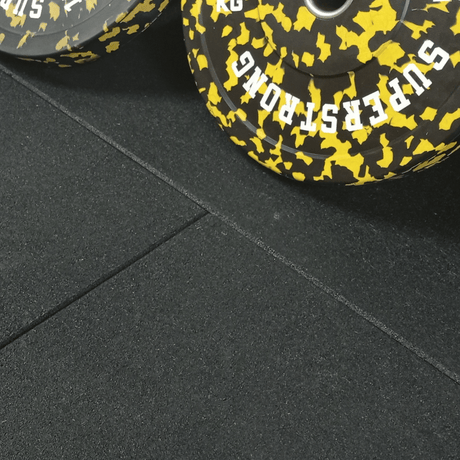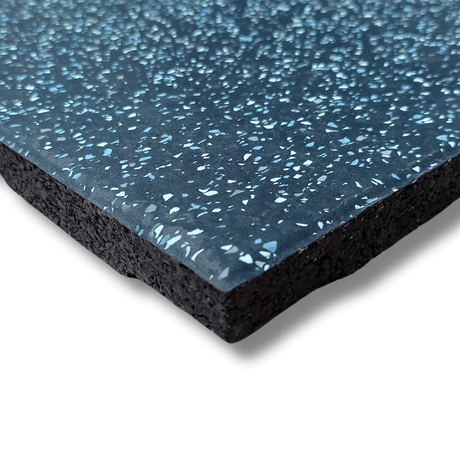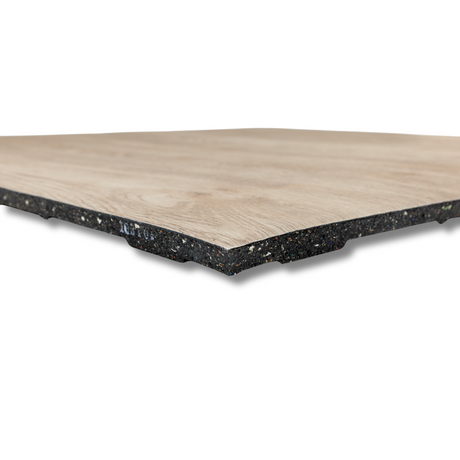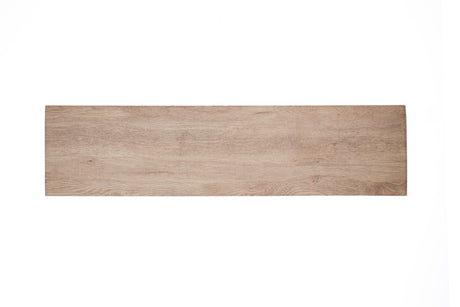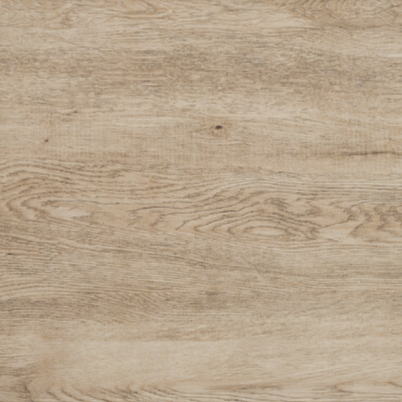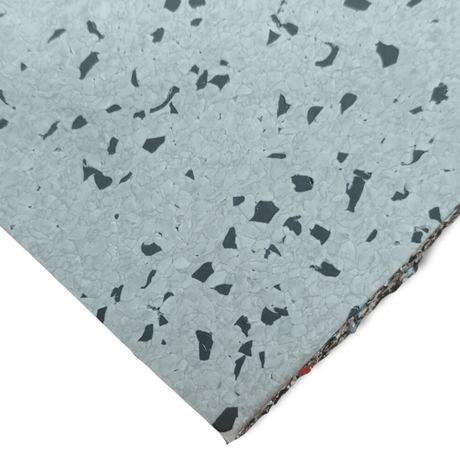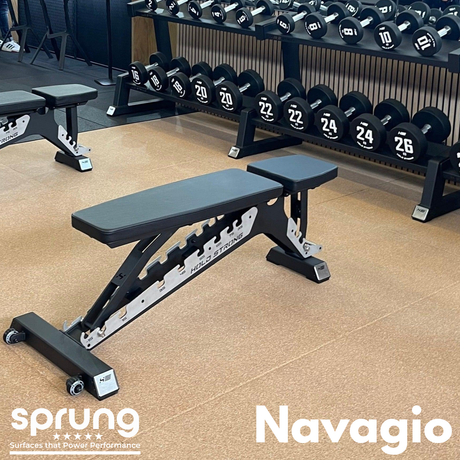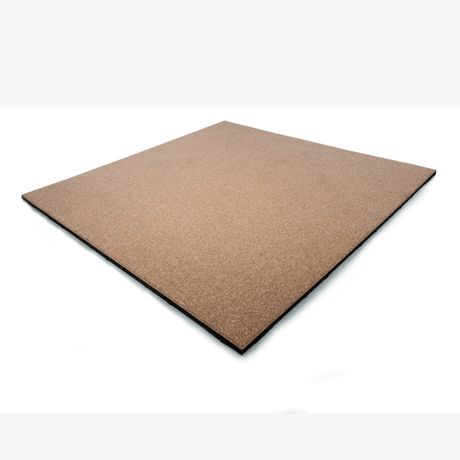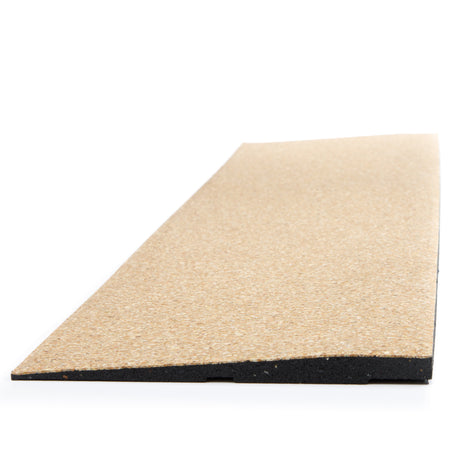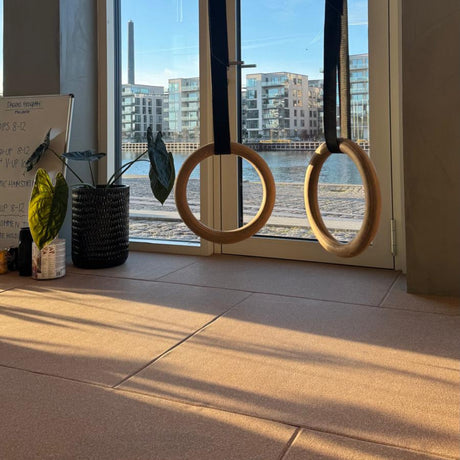Weightlifting is the glue that holds health, fitness, and sporting performance together.
Whether you want to be stronger, rehab an injury, lose weight, or be a better athlete (or all of the above), there’s a place in your routine for weightlifting.
In this article, I'll share 5 insights into men’s weightlifting from 20 years of working as a personal trainer…
Table of Contents
2. Improvement still takes time
5. Your all-round athleticism will improve
Men’s weightlifting - final thoughts
Before you start weight lifting make sure you have appropriate flooring. Check out some of the best gym flooring mats here.
1. Coaching is a cheat code

Learning to lift weights with great technique isn’t easy. It’s made a lot easier (and safer) by engaging the services of a professional coach.
By having an experienced coach teach you the fundamentals of weightlifting, you’ll improve much faster. Better form leads to better muscle recruitment. That makes you stronger and enables you to build muscle more quickly.
You can certainly improve by practice alone, but if you’re starting from scratch you may pick up bad habits that are more difficult to undo later on. One way to get around this is to film yourself lifting, then look out for mistakes that you can’t ‘feel’ during the lift.
Watching yourself back allows you a chance to cast a critical eye over your movement.
The problem comes when you’re not sure what a good technique looks like. By having somebody with an experienced eye teach you, you’ll develop in the fastest way.
There’s also a safety element at play.
Poor form can lead to injury. The first rule of coaching is ‘do no harm’, so if your personal trainer or coach spots something that is likely to cause injury, they’ll step in and stop it.
Additionally, when it comes to progressions and lifting more weight, a good coach will prevent you from taking on more than you’re capable of. You should advance at an appropriate rate, so you don’t pick up preventable injuries.
2. Improvement still takes time

Coaching is a cheat code and cuts the time to progress down significantly, but it still takes time. It’s a process and one that you can’t rush.
At the start, you’ll be awash with enthusiasm and your body will respond quickly. Your strength will seemingly leap as you make the beginner gains. In time though, these gains slow down and the progress begins to tail off.
That’s not to say progress stops - far from it. You just don’t make the huge leaps you do in the immediate beginning.
Once you’ve exhausted those beginner gains, a good rate of strength progression is around 2-5% per week. This isn’t always going to happen, but if you can progress at this rate for the medium term, you’re doing a lot of things very well.
By incorporating large compound exercises such as deadlifts, squats, bench presses, pull-ups, etc in your programming, you’ll develop all-body strength faster. The muscle you build in squats, for example, will help your deadlift strength.
3. The right equipment helps

Whether you’re a home gym trainer or you’re out looking for a facility to train from, the right equipment helps.
The fitness equipment world is huge and confusing.
Everyone seems to have a different opinion about what you need, and how much you need to spend. The good news is that you can get started with a relatively small investment and just a couple of major items.
You don’t need to blow the bank to begin with - just an Olympic barbell and some weights are enough to get you started.
With these couple of items, you’ve bought yourself (literally) hundreds of exercises and years of progress. They’re the most important items in any gym, and they’re easy to get started with.
If you want to add to this later, but to begin with this is all you need.
These two items alone are enough for pressing, rowing, squats, lunges, deadlifts, Olympic weightlifting movements, abdominal exercises, and the like. You can also adapt the load, sets, and reps to suit different workout goals.
Some people like to use a weightlifting platform to save their floor if they are doing heavy deadlifts. Likewise, any good quality home gym flooring in a suitable thickness (from 20mm and above depending on the weight capacity) is a good idea. This will protect you, your floor and reduce noise.
Here's a quick weightlifting equipment checklist if you plan to create a home gym or at-home lifting area:

4. You’ll have down days too

One of the things you need to make your peace with early is that you’ll have days where last week’s easy is this week’s hard!
When you’re learning new exercises, you might struggle to get the technique right. You might make the same mistake time and again, or develop faults seemingly out of nowhere. The good news is that’s completely normal and to be expected!
There are a lot of reasons why we have these days. Sometimes they’re because we’re tired. We might not have gotten our nutrition right. We might have trained too much recently and are fatigued.
The important point is not to dwell on them. Accept them as part of weight lifting. Not every workout is an epic. You won’t always make strides - sometimes you just go in, do what you can, and get out.
Go home, rest, treat yourself to a nice protein-rich meal, and remember: Tomorrow is a whole new day.
5. Your all-round athleticism will improve

Weightlifting does interesting things to your overall fitness and athleticism.
First, it will improve your strength, which makes an obvious difference to your capabilities. Being stronger doesn’t just affect your muscles either - it improves the strength of your connective tissues, which reduces your injury risk.
You’re stronger and more robust.
The next point is it improves your power (yes, they’re different).
That means you’ll likely be a faster runner, able to jump higher and you’ll be more explosive in the different movements. You’ll be stronger in sports where it’s required.
You’ll also likely develop some endurance.
When you strength train, you improve your body’s ability to deal with force and impact. One of the reasons we fatigue during a run for example is because of the impact forces. Our muscles work hard to absorb the impact on behalf of the rest of the body, and it fatigues them.
When we strengthen our legs, they’re able to deal with these impact forces more effectively. This reduces the fatiguing elements, improving our endurance.
Men’s weightlifting - final thoughts
Weightlifting is one of the most rewarding activities for both your mind and your body. It makes you fitter, stronger, and healthier in both mind and body.
Small wonder then, that it’s practiced by everyone from amateurs to pro athletes - fighters, boxers, football players, tennis players, crossfitters, the whole lot!
Hopefully, this article gives you a real-life insight into what to expect when you start lifting weights, so you have a realistic viewpoint of weightlifting and the process to make the most of it.
Be sure to check out these gym flooring options for complete floor protection and injury prevention.
Article by Steve Hoyles - Personal Trainer
Steve is a personal trainer, qualified weightlifting coach, gym owner, and writer.
With a career spanning since 2004, he has been an influential figure in the fitness industry, guiding thousands of individuals towards achieving their fitness goals.
Steve actively contributes to the dissemination of the most up-to-date and accurate strength training advice. As the owner of My Gym (Hazel Grove - UK), his expertise has been recognized in notable publications such as Men’s Health, Kymira Sport, and various other media outlets.


